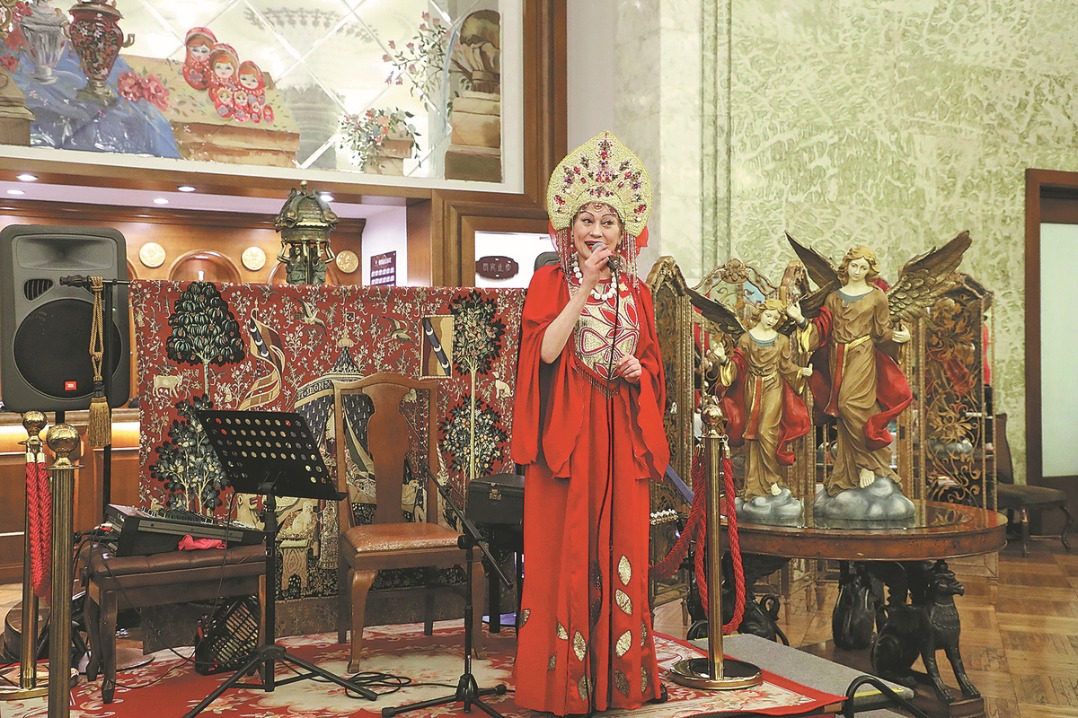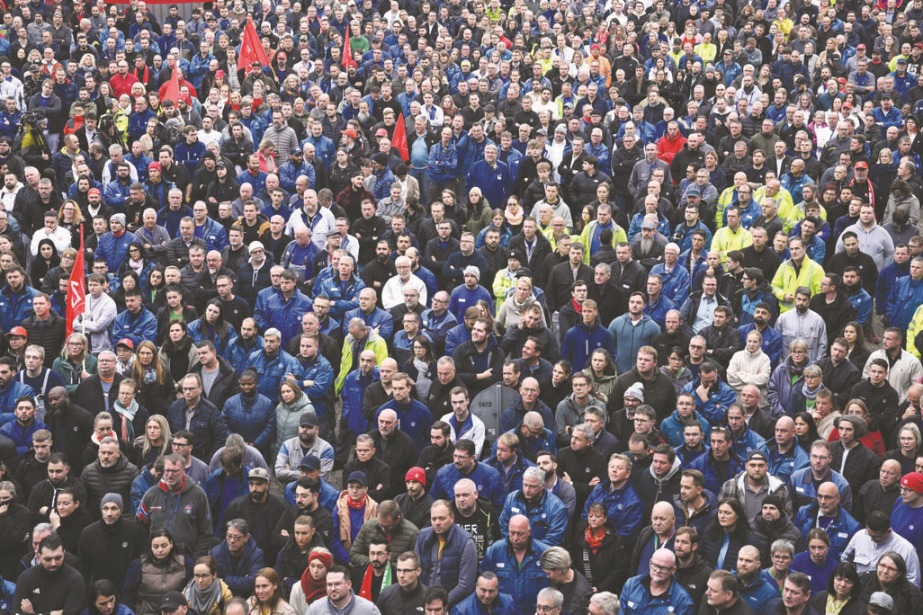Taxes rise sharply in British budget

The British government's finance minister has vowed to "restore economic stability and turn the page on the last 14 years" of rule by the Conservative Party after delivering her first budget speech.
Chancellor of the Exchequer Rachel Reeves, the first woman to hold the post, became the first Labour Party politician since 2009 to make the speech to Parliament, outlining the government's fiscal plan and the steps and measures it will take to achieve it.
"The party opposite failed our country. Their austerity broke our National Health Service. The British people have inherited their failure," she said, speaking in the debating chamber. "They called an election to avoid making difficult choices."
Reeves's speech included details of tax rises of 40 billion pounds ($51.9 billion), a record figure for modern times, including the rise of capital gains tax, employers' national insurance contributions, and the introduction of VAT on private school fees.
On spending, Reeves announced a 22.6-billion-pound increase in the "day-to-day health budget", 5 billion pounds in house building investment, and 1.4 billion pounds to rebuild schools in the greatest need.
Reeves said "difficult decisions" would have to be taken to fix public finances, but she pledged to "invest, invest, invest" to show the electorate that the government could "rebuild Britain".
"Any chancellor standing here today would have to face this reality, and any responsible chancellor would take action," she said. "That is why today I am restoring stability to our public finances and rebuilding our public services."
Reeves criticized the last government for what has been referred to as the 22-billion-pound black hole left in public finances, and said she would publish a "line by line" analysis of her claim, along with the independent economic forecast unit the Office for Budget Responsibility, or OBR, doing the same.
She even claimed that the former government, which lost power at a general election in July, "did not provide the OBR with the information" and had it done so, the OBR's economic forecast in the spring would have been "materially different".
"The scale and seriousness of the situation that we have inherited cannot be underestimated", she continued. "Never again will we allow a government to play fast and loose with the public finances."
Foreign Secretary David Lammy called it "a budget to restore stability, attract investment and boost growth. Only through economic growth can we meet the huge global challenges we face and build a better future for us all."
Replying for the opposition, former prime minister Rishi Sunak, whose replacement as Conservative Party leader will be announced at the end of this week, said the budget contained "broken promise after broken promise" and showed that the Labour government would tax and spend far more than it had promised before the election.
"They're taxing your job, they're taxing your business, they're taxing your savings. You name it, they'll tax it," he added, going on to say that the government was trying to politicize the independent OBR, and that the fiscal black hole claims could not be backed up.
The BBC's economics editor Faisal Islam called it "a budget of blame. The chancellor looked like she was laying a charge sheet against former Treasury ministers for crimes against spending forecasts", and quoted government sources as saying it would "wipe the slate clean on the fiscal fiction" of the previous government.

































